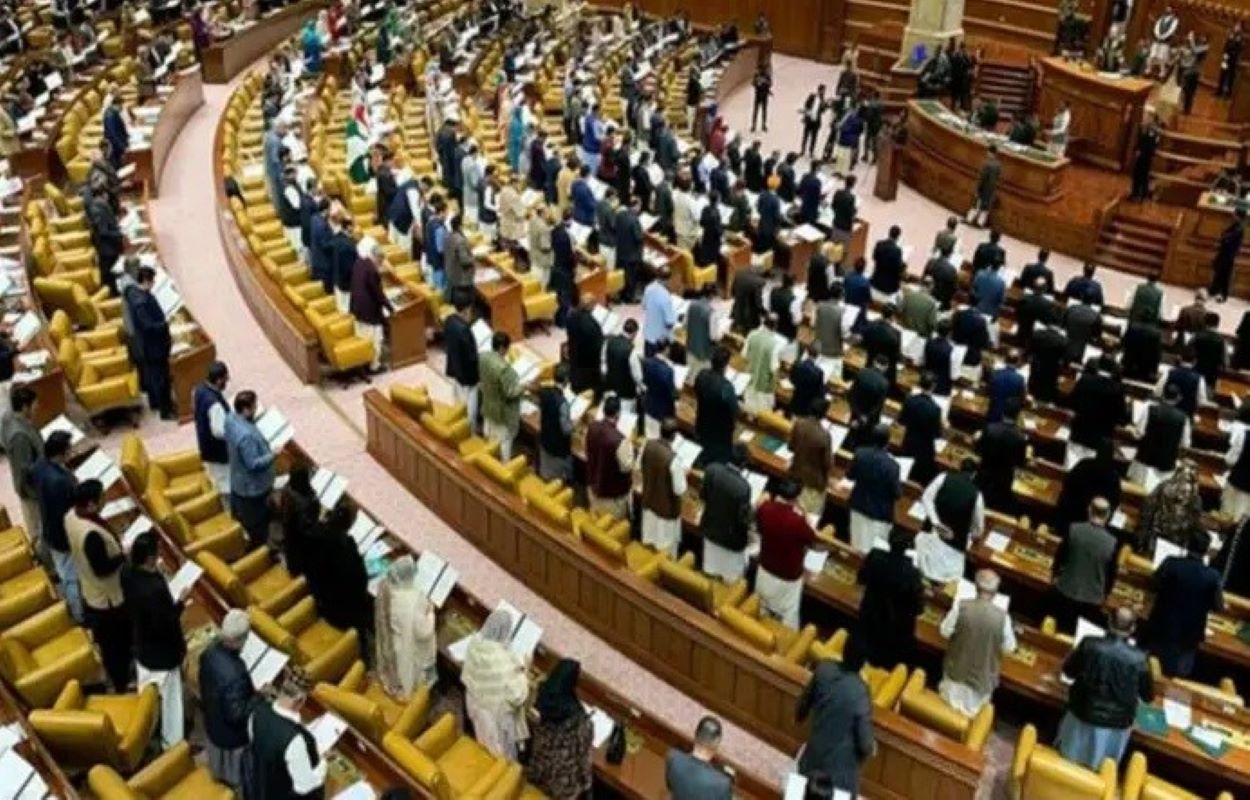The Punjab Assembly passed the Defamation Bill 2024, which the acting Governor of Punjab, Malik Muhammad Ahmad Khan, signed into law.
The controversial Defamation Bill 2024 has sparked considerable stakeholder debate, particularly within journalistic circles.
Arshad Ansari, President of the Lahore Press Club, criticized the People’s Party of Pakistan (PPP) for its apparent duplicity. He alleged that the PPP orchestrated the governor’s leave to facilitate the signing by the acting governor despite publicly professing support for journalists. Ansari declared that an action committee would soon convene to deliberate further responses to this development.
Provincial Minister Mujtaba Shuja-ur-Rehman introduced the bill, which faced opposition amendments, all of which were rejected. Despite protests and strong reservations from journalistic organizations, the government declined to delay the bill’s implementation. This rejection led to public demonstrations, during which protestors destroyed bill copies.
Governor of Punjab, Sardar Saleem Haider, emphasized the need for broader consultation on the bill’s contentious clauses, asserting his refusal to sign without such an inclusive process. He also clarified that the PPP does not support the bill’s current version and remains allied with media interests.
The new law will affect print, electronic, and social media platforms, targeting the dissemination of false and misleading news. It also extends to defamatory content shared via YouTube and other social media channels, potentially impacting personal and public integrity.
Special tribunals will be established to expedite defamation cases, with a six-month mandated resolution timeline. Moreover, the legislation sets a high penalty for defamation, with damages up to 30 lakh rupees, and allows High Court benches to hear cases against individuals holding constitutional offices.






